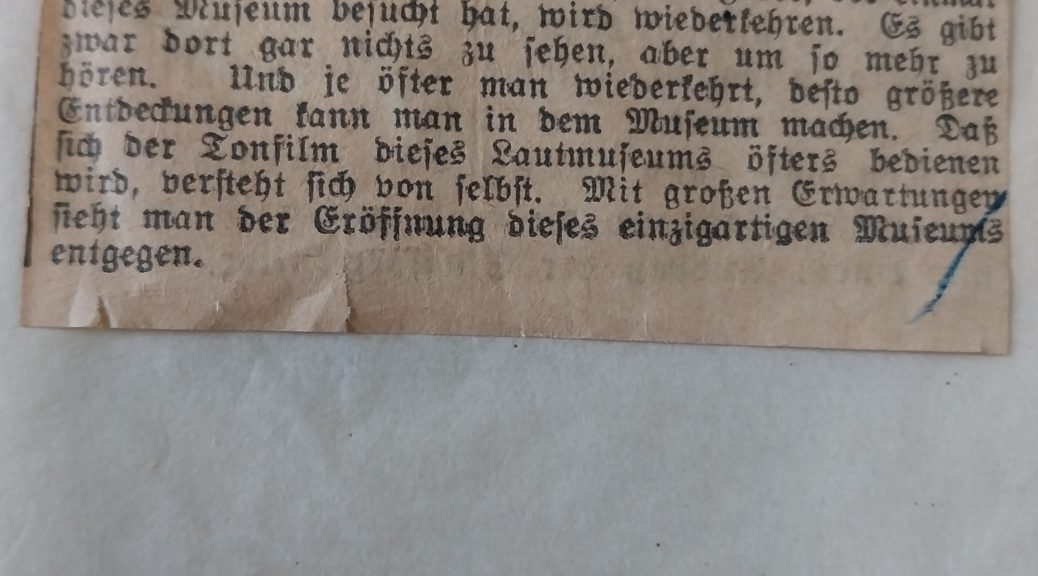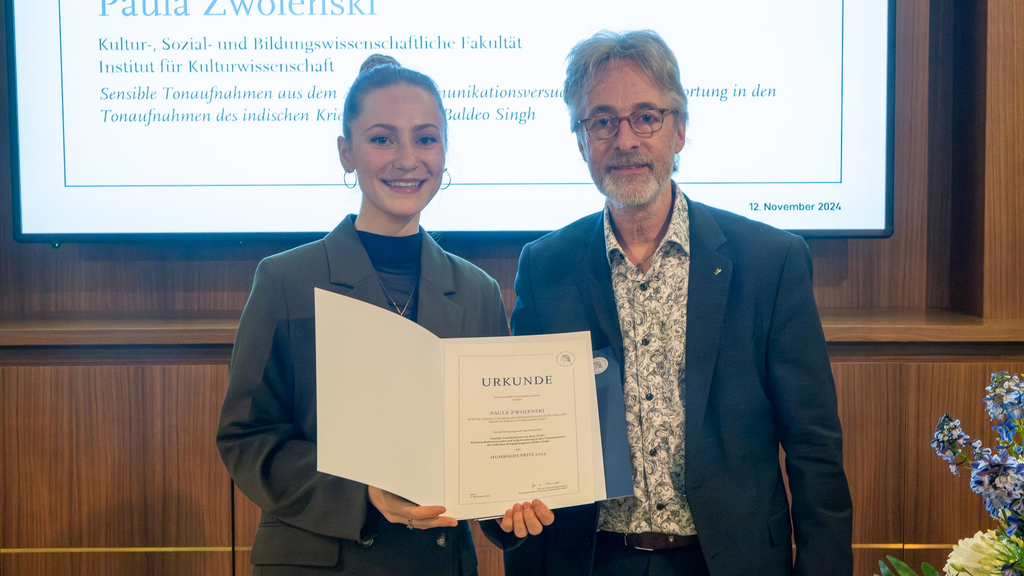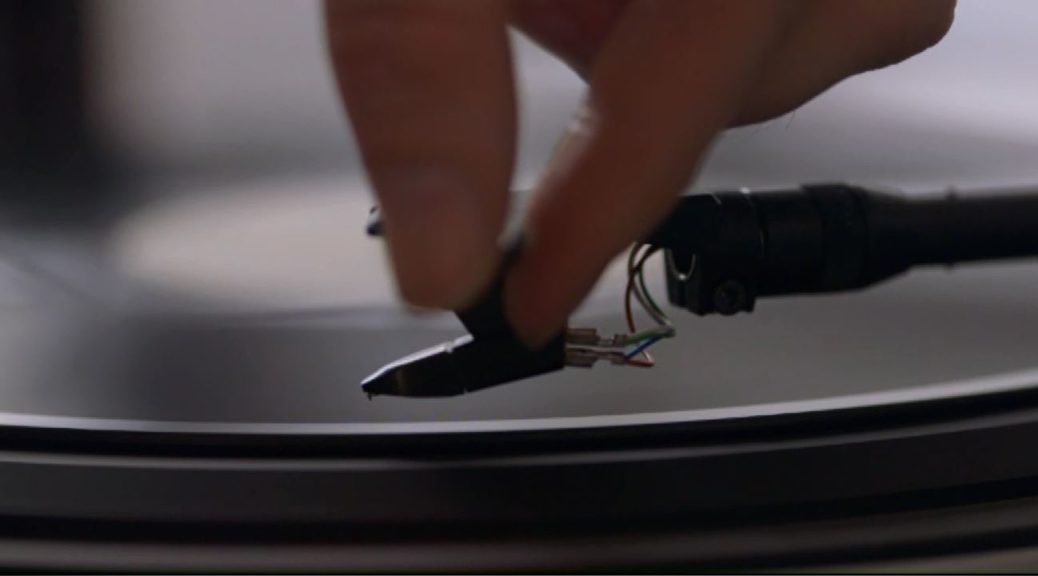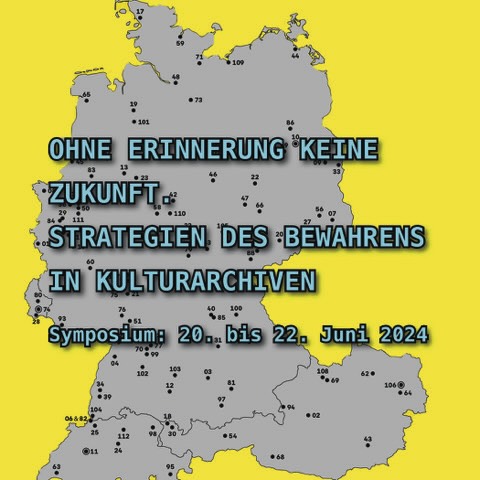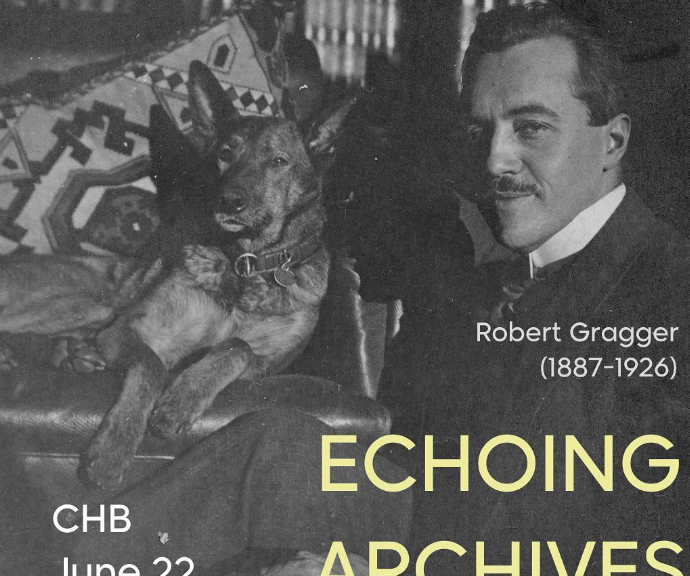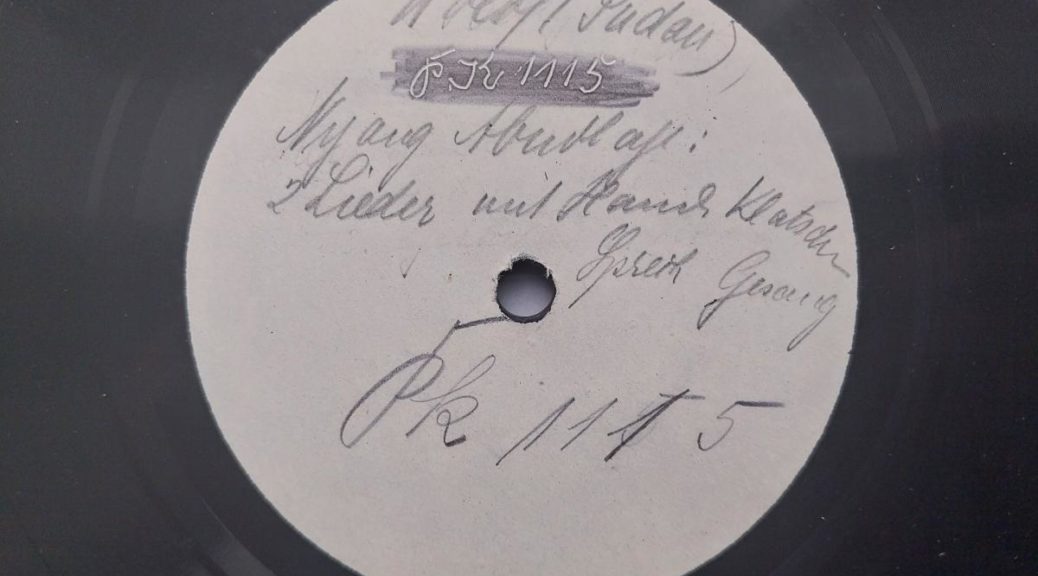Sonic Imaginaries of Africa in German Cinema (1930-2000)
The Austrian Science Fund FWF is funding the research project “Sonic Imaginaries of Africa in German Cinema (1930-2000)” at the University of Music and Performing Arts Graz from 23.09.2024-22.09.2028. Cooperation partners are the Lautarchiv of the Humboldt-Universität zu Berlin and The Royal Anthropological Institute of Great Britain and Ireland.
The project will make a contribution to the emergence and development of the sounds of cinematic Africa. Since the early days of cinematography, Africa has been an important production site for commercial films from the global North. Since music or sound as a sensual dimension of the everyday is an elementary component of discourses and ideas about the African continent, the project aims to analyze cinematic sound historically and structurally.
What is completely new in this project is the inclusion of anthropological material in the analysis of film music, which is based on empirical archive work.
From 13 January 2025 to May 2025, in the visitors’ room of the Lautarchiv, Dr. Maria Fuchs will be working for the first time on a previously unexplored collection of historical written documents that could be relevant to her project. The above document shows an excerpt from the article “Das ‘tönende Museum’, Westfälische Zeitung, Bielefeld, No. 88, April 15, 1932 – a first thematically relevant find that gives an idea of the archive’s potential for the use of sound film at this time.
